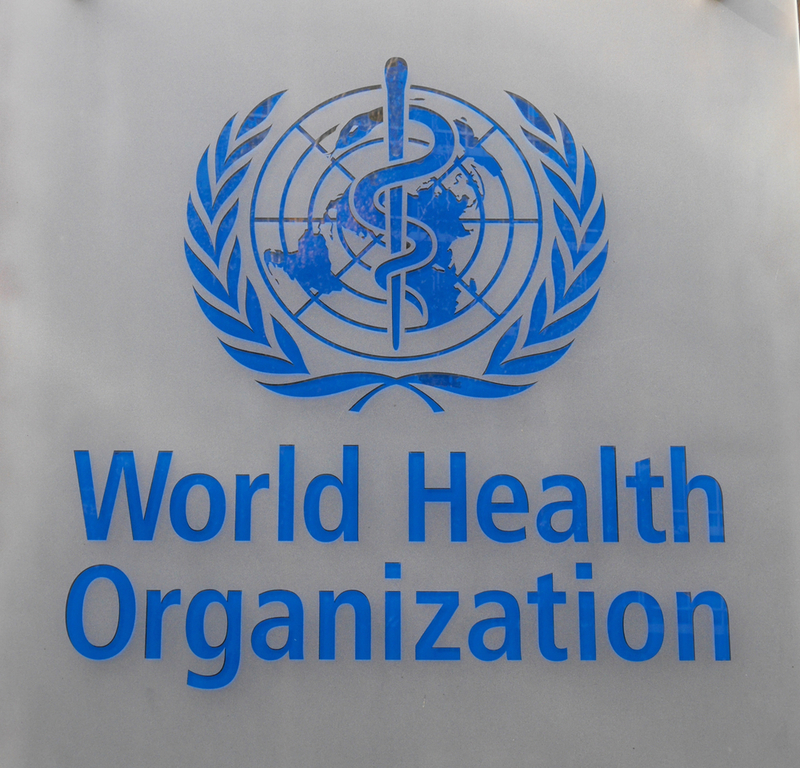Innovative WHO HIV testing recommendations aim to expand treatment coverage
UNI Nov 28, 2019
The World Health Organization (WHO) has issued new recommendations to help countries reach the 8.1 million people living with HIV, who are yet to be diagnosed, and therefore unable to obtain lifesaving treatment.

“The face of the HIV epidemic has changed dramatically over the past decade,” said WHO Director-General Dr Tedros Adhanom Ghebreyesus. “More people are receiving treatment than ever before, but too many are still not getting the help they need because they have not been diagnosed. WHO’s new HIV testing guidelines aim to dramatically change this.” HIV testing is key to ensuring people are diagnosed early and start treatment. Good testing services also ensure that people who test HIV negative are linked to appropriate, effective prevention services. This will help reduce the 1.7 million new HIV infections occurring every year.
The WHO guidelines are released ahead of World AIDS Day (December 1), and the International Conference on AIDS and Sexually Transmitted Infections in Africa (ICASA2019) which takes place in Kigali, Rwanda on December 2-7, a WHO media statement here on Thursday said. The new “WHO consolidated guidelines on HIV testing services” recommend a range of innovative approaches to respond to contemporary needs. Responding to changing HIV epidemics with high proportions of people already tested and treated, WHO is encouraging all countries to adopt a standard HIV testing strategy which uses three consecutive reactive tests to provide an HIV positive diagnosis. Previously, most high burden countries were using two consecutive tests.
The new approach can help countries achieve maximum accuracy in HIV testing. WHO recommends countries use HIV self-testing as a gateway to diagnosis based on new evidence that people who are at higher HIV risk and not testing in clinical settings are more likely to be tested if they can access HIV self-tests.
-
Exclusive Write-ups & Webinars by KOLs
-
Daily Quiz by specialty
-
Paid Market Research Surveys
-
Case discussions, News & Journals' summaries